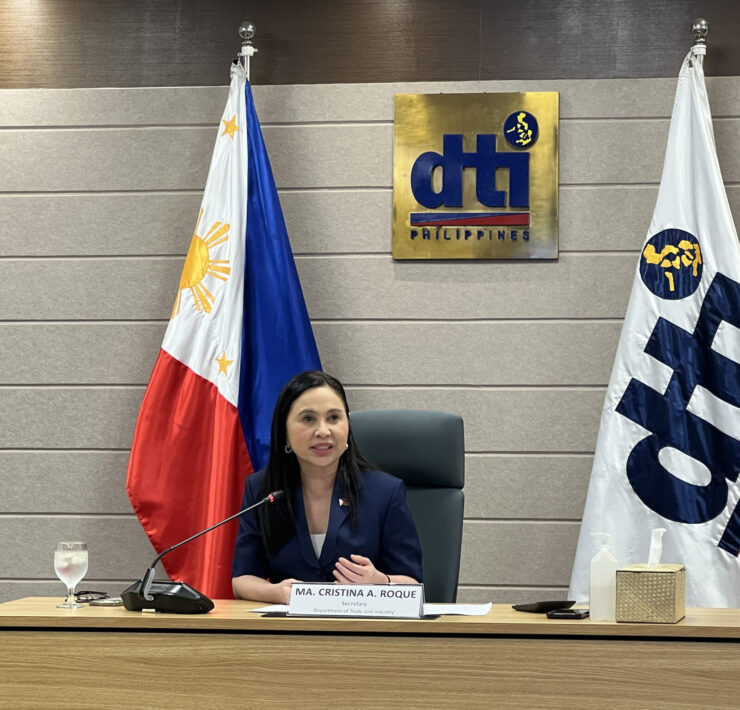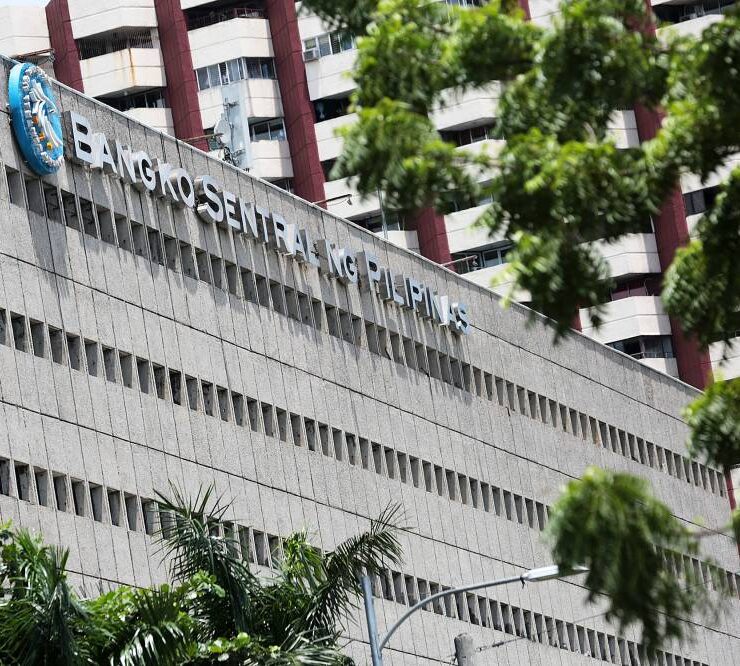SEC warns public vs fake mutual fund group

The Securities and Exchange Commission (SEC) has issued a warning against impersonators of the Philippine Investment Funds Association (Pifa) that were supposedly offering “investment opportunities” to the public and promising higher returns.
In an advisory, the corporate watchdog said the fake Pifa’s Facebook page and its administrators, Marivic Orbe, Mary Peters and Rickson Rapal, were not associated to the actual association of mutual fund companies.
Based on the SEC Enforcement and Investor Protection Department’s findings, the impersonators were asking investors via Facebook to shell out P1,000 to P50,000 for a guaranteed “gift,” equivalent to up to 340 percent of their investment.
Their money will be supposedly invested in the stock market. They were likewise offered a 15 percent referral bonus if they are able to recruit other potential investors.
The SEC pointed out, however, that the legitimate Pifa’s name was “used without authority,” and that the impersonators’ investment contracts were not registered with the commission, thus violating the Securities Regulation Code.
“The public is advised not to invest or stop investing in any investment scheme being offered by agents of this fake Pifa Facebook account,” the SEC said in its advisory.
Under the law, violators may be fined up to P5 million or imprisoned for 21 years, or both.
At the same time, the SEC said another firm, the so-called CT Loan Cash Loan and Credit Company, operating a supposed lending platform was not registered with the commission.
The agency added that CT Loan was not authorized to operate an online lending platform nor was it issued a certificate of authority to engage in lending activities.
The scheme, which promises to help clients “achieve financial goals,” was discovered after CT Link Systems Inc. (CTLSI), a registered information technology firm, reported that CT Loan had claimed to be affiliated with CTLSI.
CT Loan’s mobile application has also been taken down.
“As mentioned by CTLSI, it received complaints from the public regarding the harassment from collectors in relation to the loan availed using the CT Loan app,” the SEC said as it urged the public not to transact with CT Loan.





















